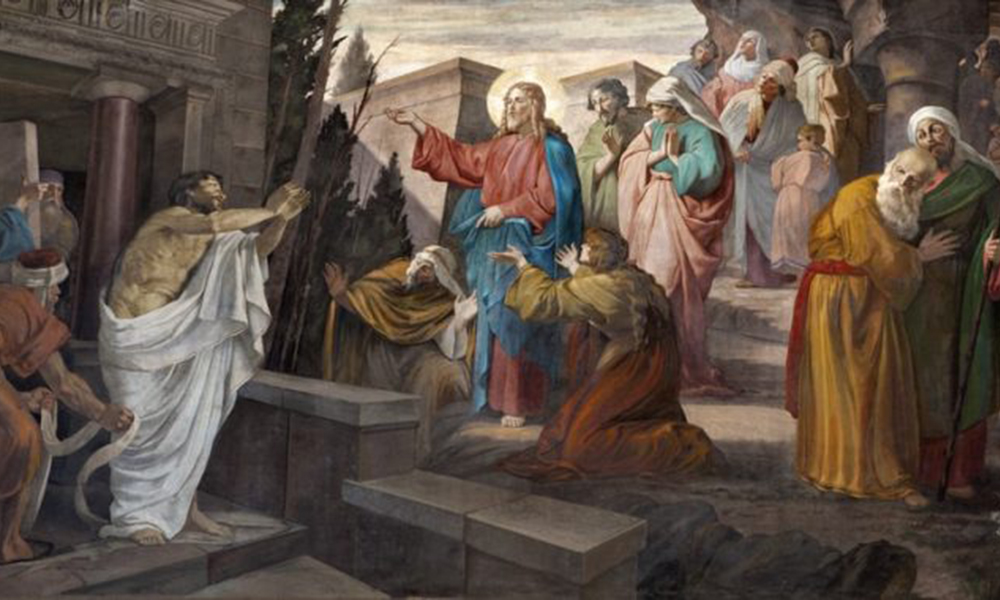Sister Death
August 26, 2019 | Daniel Heffernan, MC

It has been said that there is nothing so certain as death, and nothing so uncertain as the moment of death. Death is a mystery in so many ways. What is it like to die? What happens after we die? Such questions have been asked by people of all ages since the beginning of humanity.
But perhaps the greatest mystery of death is not our own death, but the death of those we love. Why did God take my parents from me? How could God have allowed my son to die? Why didn’t God cure my friend’s cancer?
Yet God has experienced all the aspects of our human nature, including death. He drank the bitter chalice of death to the dregs, the cruelest and bloodiest death that has ever been and will ever be suffered until the end of time. And He experienced the loss of a loved one, the death of his earthly father, St. Joseph. The Gospels say that Christ wept at the death of His friend Lazarus. He also knew what His Blessed Mother felt in her wounded heart as she held in her arms the lifeless body of her Son.
In reality, the problem of death isn’t death itself, but how we look at it. For the saints, who had their feet firmly on the ground but their hearts in Heaven, death was sweet. It meant they would soon embrace the Love of their lives. St. Francis of Assisi called this escort to paradise “Sister Death.”
The loss of a loved one will always bring us pain and sorrow. And it is good to weep their parting. There is a time to weep and a time to mourn (Eccl 3:4) and “Blessed are those who mourn, for they shall be comforted” (Matt 5:4). The problem is when we let our grief get the best of us, when we let our own sorrow and sadness fog up our vision, forgetting that “You made us for Yourself, oh Lord, and our hearts are restless until they rest in You,” as St. Augustine says. God wants the happiness of our loved ones, and nothing will bring them greater happiness than to be united with Him forever in Heaven.
That is why the Church prays for the deceased every day at Vespers (Evening Prayer) and in the countless Masses offered for the repose of the souls of the departed, that they may soon “enter into the joy of the Lord” (Matt 25: 21, 23).
When we find our hearts pierced by the sword of a loved one’s passing, may we never lose sight of the Christian meaning of death, that supernatural view of death as the joyous gateway to eternal life.
